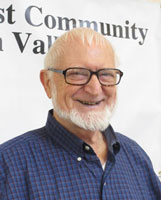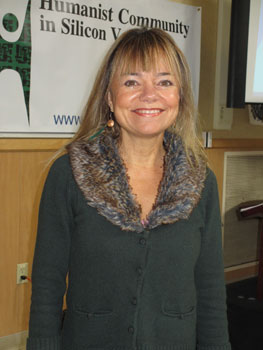Invisible Children
Annie Ashmore
December 29, 2013

Invisible Children (www.invisiblechildren.com) is an organization dedicated to ending, and helping people recover from, the extreme damage caused by the Lord’s Resistance Army (LRA). Led by Joseph Kony, the LRA has operated in Uganda and neighboring countries since 1986. Kony has been accused by government entities of ordering the abduction of children to become child-sex slaves and child soldiers (an estimated 66,000 children have become soldiers). He was indicted for war crimes and crimes against humanity by the International Criminal Court in 2005, but has evaded capture.
Annie Ashmore, a freshman in college who led her high school’s Invisible Children group for several years, will discuss the inspiring work of the many young people who volunteer for the Invisible Children group. She will be asking for donations for this project.




